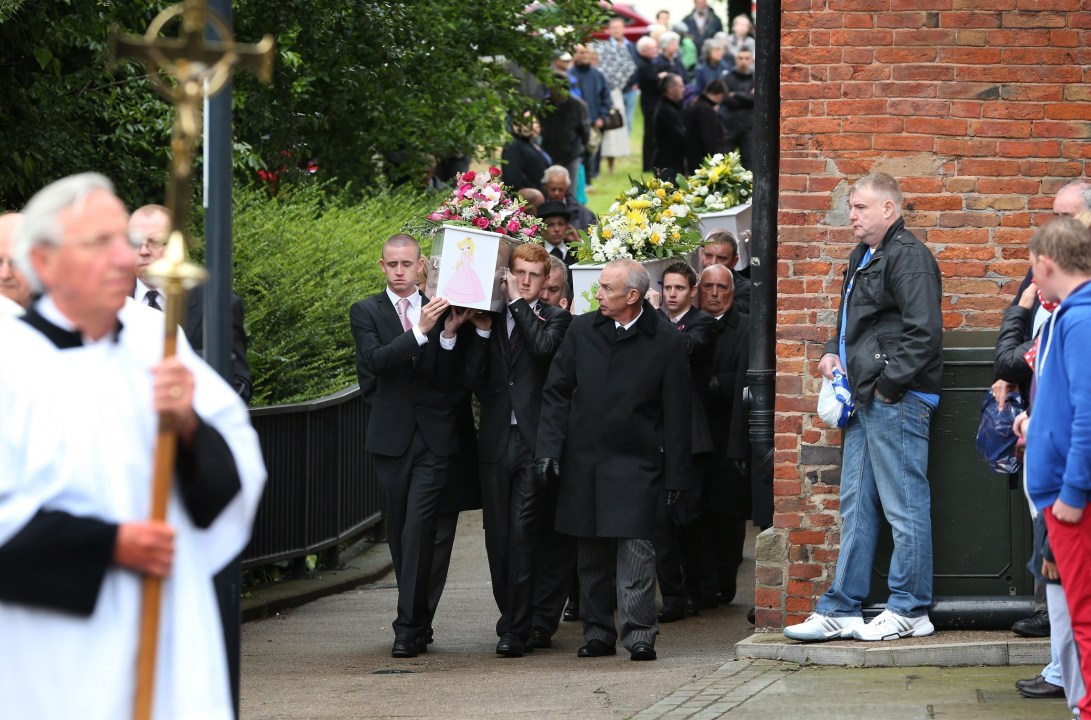Several Labour MPs have expressed their disapproval of George Osborne’s comments about the taxpayer funding Mick Philpott’s lifestyle. For example, Andy McDonald, MP for Middlesbrough, said that welfare is a ‘completely separate discussion, it should not be had in the context of the most appalling crime of a father killing his six children. It just demonstrates how out of touch George Osborne is. He may as well make adverse comments about the entire population of a town or a religion, it’s absolute nonsense.’
The obvious problem with this is that Osborne acknowledged that they were separate issues. He said that the Philpotts’ crimes were their own responsibility, but their lifestyle, as documented in the Times (£), should be a matter for public debate because it appears, to a very great extent, to have been publicly funded.
Is a system that is open to such abuse, efficate? This question merits some discussion; but McDonald failed to address it. Are we then to assume that the status quo is beyond criticism? It would appear so. Jack Dromey, Labour’s housing spokesman, visited Gloucester today, scene of another contentious benefits story: unemployed mother of 11, Heather Frost seeks to move to a 6 bedroom mansion. Philpott and Frost are, of course, extreme cases. But that is the point. They are eye-catching, so it’s wise to address the questions which they raise. Dromey was prepared only to condemn ‘abuse’ of the system (whatever ‘abuse’ might be: is having, for instance, 10 children fine but 11 beyond the pale?), before becoming bogged down while trying to refute the government’s crude distinction between ‘strivers’ and ‘skivers’.
Politics is a crude business at this level. It’s clear (for once) where the Tories stand on welfare and work. It is not clear where Labour stands.
This is very a strange place for the party to find itself when so much public money is at stake, and when the Tories are vulnerable to the charge of being inconsistent on benefits. Why, for example, are wealthy pensioners’ fuel allowances, bus passes and so forth immune from Osborne and IDS’ great reckoning? Plenty of hard-pressed younger taxpayers will resent that as much as they do the Philpotts and Frosts of this world.
Beyond that, Labour’s apparent refusal to discuss the Philpott case is odd when one considers the left’s emphasis on the social causes of crime. It is supposed that one of Philpott’s criminal aims that awful night was to get a new council house. There is a link between the needs of Philpott’s many innocent children and an over-stretched housing system that requires significant reform and investment. I’m surprised that the Labour Party hasn’t made more of the housing (and the social care) dimension in this tragic case, because there is a ready-made argument for it to use. (The right, obviously, also has recourse to an argument here about the sense of child benefit.)
Watching the Labour party through this week of debate, but particularly this afternoon, has highlighted the extent to which it has forgotten Tony Blair – both his politics and his opportunism. The Philpott tragedy, like the Bulger tragegy, raises questions about how we order our society. That should be the business of politicians.
PS: The Philpott case also raises questions about the criminal justice system. Mark Wallace has a good post on the subject. And there is a further question about what we do with former servicemen. The case also encompasses social care, and the help society offers vulnerable women. It is teeming with problems that politicians ought to be addressing.







Comments